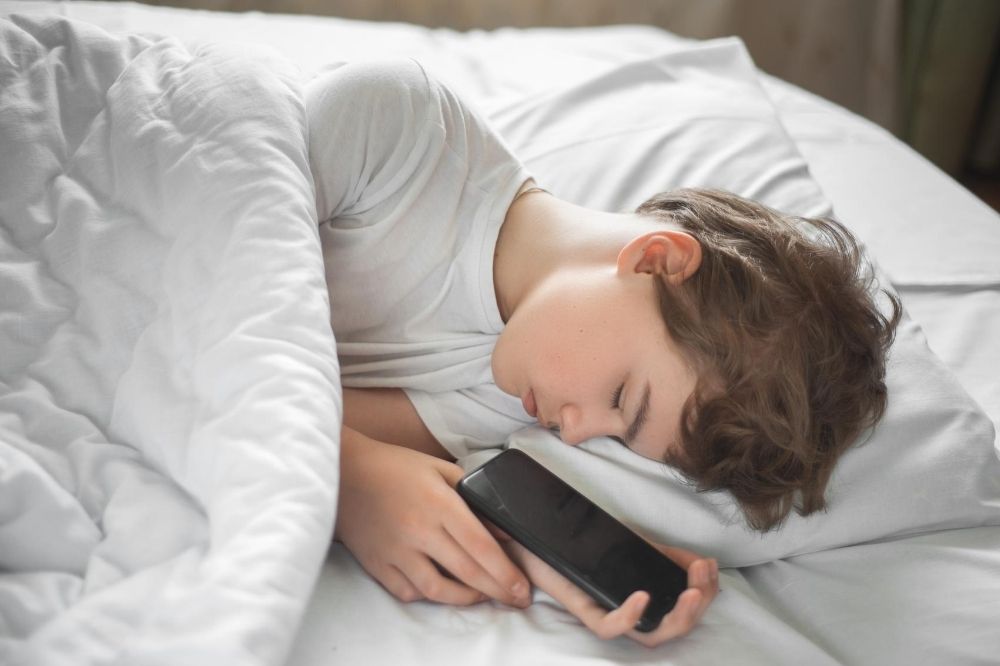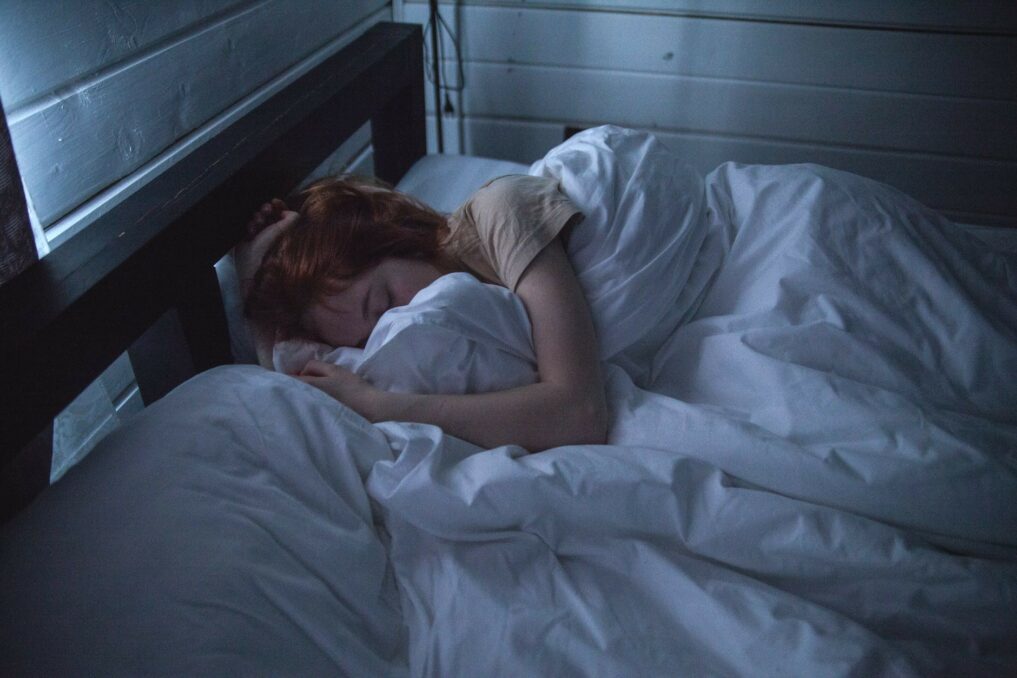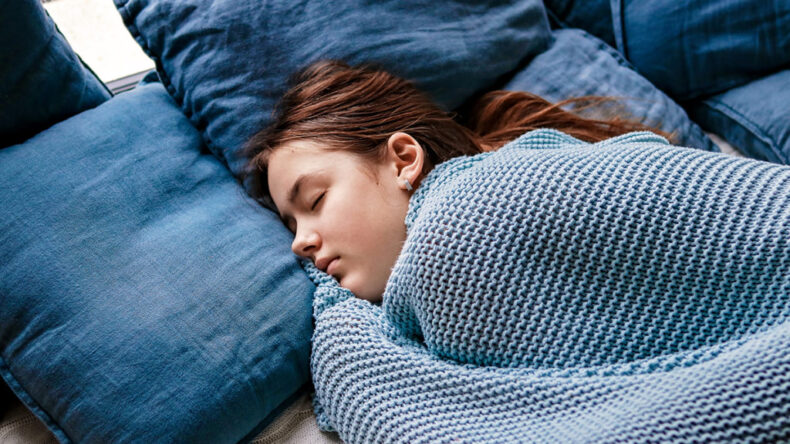The first sleep health program for Adolescents
Sleep Research by National Sleep Foundation, brought together a panel of interdisciplinary expert panel with wide constituents from leading stakeholder organizations, and they updated their sleep duration recommendations. According to the said research, it is suggested that teenagers need 8 to 10 hours of sleep per night, which is more than what children and adults require. However, most adolescents only manage to get around 6.5 to 7.5 hours of sleep, and some even less.
During adolescence, young people go through a crucial phase characterized by increasing independence, changing social roles, excessive screen time, academic pressures, and significant biological changes. These factors can contribute to emotional and behavioral issues.
Consistently not getting enough sleep leads to chronic sleep deprivation, which has a profound impact on teenagers’ lives. It has negative effects on their mental well-being, increasing the likelihood of depression, anxiety, and reduced self-esteem. Furthermore, it can hinder their academic performance at school.
Unfortunately, the current generation of teenagers is experiencing chronic sleep deprivation and is considered the most sleep-deprived group in human history.
Causes and Effects
There can be multiple reasons why many teenagers do not get enough sleep regularly, one of them being Hormonal time shift. It has been found that hormones released during puberty, tend to shift the body clock of teenagers forward by one or two hours, therefore teens usually feel sleepy one or two hours later. As they fall asleep late, they cannot sleep in to get the adequate amount of hours needed, as they have to wake up early for school. This leads to ‘sleep debt’ every night, which leads to chronic sleep deprivation.

Teenagers who have a hectic after-school schedule, which can include homework, part time work, extra-curricular activities, does reduce a teenager’s sleeping time. Too much leisure activities, like television, the internet and even computer gaming can cut into a teenager’s sleeping time, and can keep them out of bed.
Lights from television, smartphones and computers usually reduce the production of adequate melatonin, which is the brain chemical or neurotransmitter responsible for sleep.
Research by Vic Health and the Sleep Health Foundation, has shown that teenagers who do not use their devices before bedtime, get at least 21 minutes more sleep, which is 1 hour and 45 minutes over the school week.
Teenagers need adequate sleep to function properly and go about their daily lives with ease, as they are at the stage where their body grows and matures. Effects of ongoing sleep deprivation may include difficulty in concentrating, shorten attention span, mentally ‘drifting off’ or ‘daydreaming’ in classes, impaired memory, lack of enthusiasm, aggression, moodiness, depression, poor decision making and even risk-taking behavior.
Australia coming up with their first Sleep Health Program
To address the needs of the community, an innovative sleep health initiative called Let’s Yarn About Sleep was collaboratively developed in Mount Isa, Queensland, as Australia’s inaugural program aimed at indigenous Australian teenagers.
The community actively expressed their desire to tap into the potential of sleep to improve health outcomes, reduce juvenile involvement in the criminal justice system, and enhance academic engagement. The community discussions also highlighted the importance of bolstering local sleep health services and training individuals as “sleep coaches.”
Over 200 community members were consulted in the co-design and evaluation process of the program, which involved integrating Traditional and Western knowledge on sleep health and gathering suggestions for enhancing sleep.

The ten-week program incorporates data collection before and after its implementation, including the use of questionnaires, sleep diaries, and actigraphy (a non-invasive method of monitoring rest and activity patterns in humans). It encourages young people to identify their own sleep health goals and work with coaches to achieve them. Participants start the program by setting both a group goal and an individual goal they aim to accomplish.
While the program primarily focuses on improving participants’ knowledge, understanding, and awareness of sleep health, one of its key objectives is to assist participants in developing sustainable sleep hygiene practices, which are healthy habits that contribute to a good night’s sleep. Throughout the program, participants learn about various sleep hygiene practices, including maintaining a consistent bedtime, reducing screen time, and engaging in Indigenous relaxation techniques before going to bed.
Furthermore, the program has successfully trained two Aboriginal and Torres Strait Islander individuals as Australia’s first Indigenous sleep coaches. This achievement has sparked interest among clinical staff at the local Aboriginal Community Controlled Health Organization and hospital who are keen on acquiring these skills as well.













